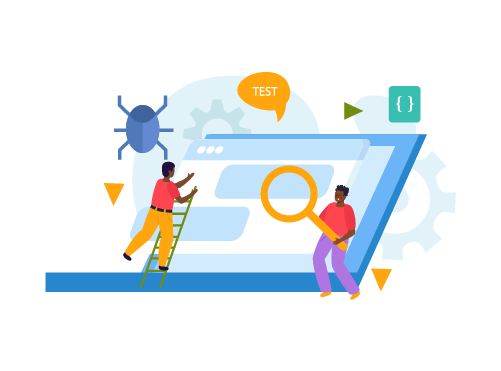
- Camps
- Academy
-
Programs
QA Engineering: Manual & Automation Testing (online) Backend (Java) online Data Analytics & Generative AI Tech for non-tech Technical Product Owner 360 Tech - Driven Product Leadership IT Business Analyst Salesforce Developer Backend with Java Mobile Development iOS Mobile Development Android QA Engineering: Manual & Automation Testing Fundamentals of Digital Marketing Digital Product Marketing Cyber Security & SysAdmin Startup Camp Product Owner - 2 Linux Administration Summer Math Camp Front End Development ABB Math Challenge UI/UX Design Software engineering Mobile Development for Kids Web development for kids Full Stack Development - Advanced Fundamentals of DevOps Machine Learning
- Blog
- FAQ
- AZ EN
 Search
Search 
